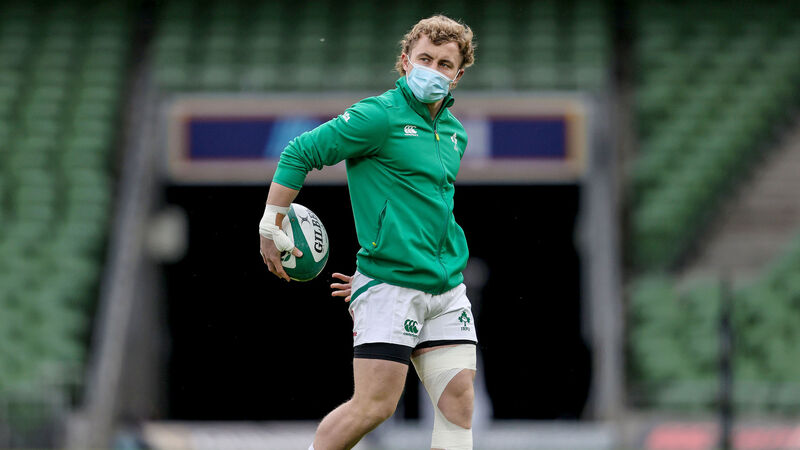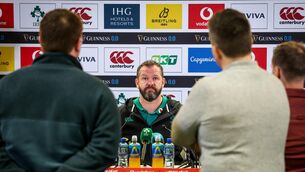Donal Lenihan: Ireland's focus must now shift from silverware to planning for the future

Craig Casey failed to win his first cap off the bench but should now come under serious consideration to start against Italy. Picture: INPHO/Dan Sheridan
Miracles do happen in sport but, unfortunately, not as often as we would like. If there were points available in this championship for pride of performance and unrelenting commitment in the face of adversity, Ireland would be top of the table.
Thankfully Ireland stopped playing for those intangible rewards a long time ago with our target firmly focused on accumulating silverware over the last decade. Our record on both the provincial and international front speaks for itself but, in this year’s tournament, there will be no fairytale ending as Ireland lost their opening two games in a Six Nations championship for the first time since the expanded format was introduced back in 2000.










